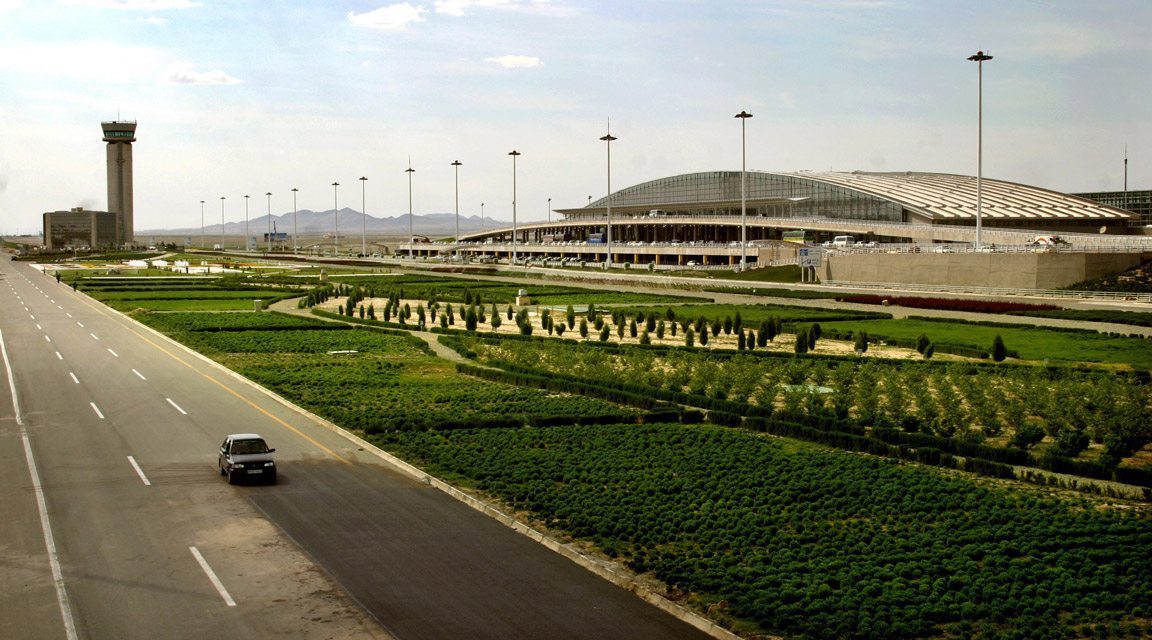

The snap-back in US sanctions on Iran is likely to delay or impair plans to expand and modernise the Islamic Republic’s aviation industry, sources familiar with the sector tell MEED.
The procurement process for the contract to develop a new passenger terminal at the Imam Khomeini International airport (IKIA) has yet to advance to the prequalification phase, while the redevelopment of Mashhad’s Shahid Hashemi Nejad International airport is likely to be put on hold, according to sources with knowledge of these projects.
France’s Vinci Airports last year signed a build, operate and transfer (BOT) agreement with Iran Airports Company for the expansion of the Mashhad airport and another airport in Isfahan.
It is understood that, as of last year, both the Mashhad and Isfahan airport schemes had already received a mandate from the French government for financing.
The Iran Shahr Terminal at IKIA, on the other hand, is to be developed using a combined engineering, procurement and construction plus finance (EPC+F) model.
It has a planned capacity of up to 25 million passengers annually and an estimated budget of €2bn ($2.46bn).
A new, smaller terminal in the airport, Salam Terminal, is under construction and expected to be completed this year. The terminal, which has a design capacity of 4 million passengers a year, was originally planned for pilgrimage traffic, but will now be used for international traffic until the Iran Shahr Terminal is completed.
Iranian airports handled more than 57 million passengers in the most recent fiscal year ending March 2018. This figure if 7 per cent higher compared to the previous year.
Aircraft movement and cargo volumes also rose 7 per cent and 9 per cent, respectively, during the same period.
Iranian airlines, primarily Iran Air and Aseman Airlines, placed an order for over 200 aircraft shortly after the Joint Comprehensive Plan of Action (JCPOA) came into effect in January 2016.
However, state-backed Iran Air received only three of the 100 aircraft it placed with France-based Airbus, while US-based Boeing did not deliver any of the 80 aircraft it agreed to sell to Iran Air.
It also received only 13 of the 20 turboprop aircraft it placed with French-Italian plane-maker ATR, before a set of general sanctions imposed by Washington on Iran took effect in early August.
You might also like...

TotalEnergies to acquire remaining 50% SapuraOMV stake
26 April 2024

Hyundai E&C breaks ground on Jafurah gas project
26 April 2024

Abu Dhabi signs air taxi deals
26 April 2024

Spanish developer to invest in Saudi housing
26 April 2024
A MEED Subscription...
Subscribe or upgrade your current MEED.com package to support your strategic planning with the MENA region’s best source of business information. Proceed to our online shop below to find out more about the features in each package.




